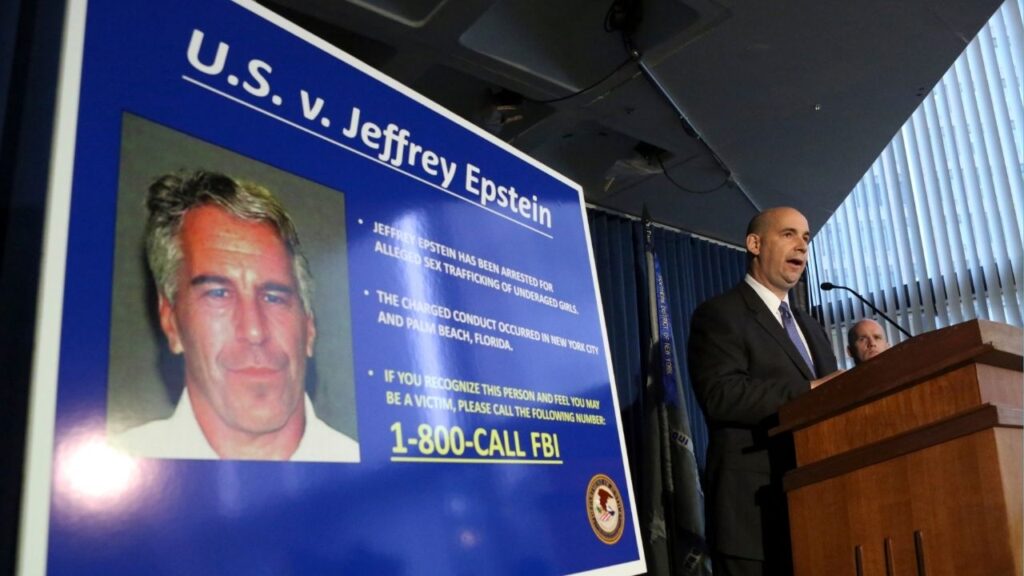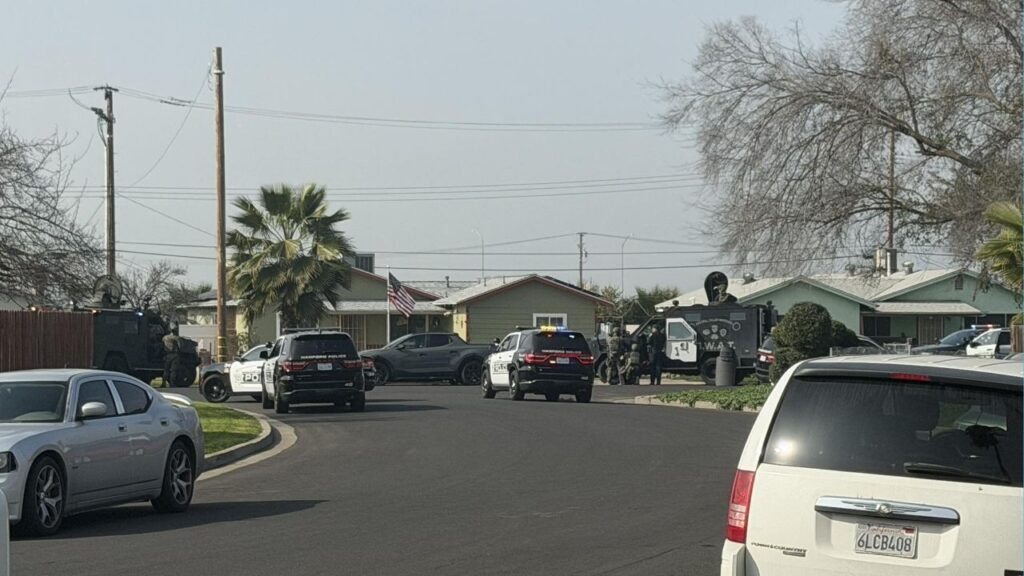
- The program's incentives have created a skewed market.
- The Low Carbon Fuel Standard is rewarding large, polluting industrial operations.
- The program's incentives are leading to the expansion of factory farms.
Share
|
Getting your Trinity Audio player ready...
|
Talk to any family farmer and we will tell you: Every year, keeping the business running gets harder.

Darvin Bentlage
Special to CalMatters
For many of us, family farming has been passed down for generations. We’ve hung on, with a singular determination, as massive corporate industrial operations have monopolized a larger and larger share of the livestock market. We’re no stranger to having the scales tilted against us, but right now we’re facing a major challenge that could push more family farms closer to the brink.
The roots of this latest market squeeze? Deeply misguided incentives in California’s climate program.
I’m a family farmer in Missouri, but I have a direct stake in a set of new regulations that the state is considering, and I’m urging California leaders to consider the rural communities they’ll be throwing under the bus if they cave to corporate pressure.
California Rewards the Biggest Polluting Dairies
Regulators at the California Air Resources Board have created a multimillion-dollar market for factory farm gas, or methane from animal manure, through a program called the Low Carbon Fuel Standard. It’s essentially rewarding the biggest and most polluting industrial hog and dairy operations, while further stacking the cards against family farm livestock producers like me that are doing things differently.
Here’s how the incentives work: When industrial operations confine thousands of animals on factory farms, they drain the resulting river of manure into massive lagoons – foul-smelling reservoirs that pollute local communities and create climate-warming methane gas. California regulators have basically set up a pollution-trading scheme that pays corporate and foreign-owned farms to install massive digesters that chemically treat manure to produce gas. The captured gas is then piped through expensive systems for other uses in California.
My family knows from firsthand experience that living nearby these large-scale operations can cause negative health impacts, reduce our property values and foul our water and air.
Nearly everyone agrees that these manure lagoons are a disaster for farms, our environment, and our health. But rather than changing policies to incentivize cleaner, sustainable farming practices, officials have long celebrated the program as a model.
Related Story: $7 Million Grant Will Support Workers Laid Off From Farming Giant
Sustainable Operators Are Punished in California
The main problem is that when you monetize this type of management practice, industrial operations are incentivized to also expand them and build more factory farms, creating more manure, more air and water pollution in local communities, and yes, more climate warming methane – the very gas that California regulators want to reduce.
Meanwhile, farmers like me who are practicing sustainable methods are barred from participating in the market and benefitting from these incentives. Family farms don’t have massive manure lagoons, which means we don’t have pollution to capture through digesters.
These incentives from California regulators for factory farm gas are so lucrative that they are dramatically skewing the financial incentives in the livestock industry. According to an analysis from the Union of Concern Scientists that looked at gas operations on dairy farms, some of the largest industrial sites are very likely making more money from gas than they do from milk. Another analysis by UC Davis found that the value per cow for the production of gas is already half as large as the value of their milk.
State regulators are ready to reject a plan to phase out these harmful subsidies in 2040, giving major industrial operations decades to keep profiting from this broken program.
It’s easy to understand why this manure gold rush is bad for family farmers. How can smaller operations compete with corporate players when we’re again missing out on such a significant source of revenue?
To truly support family farms and our economies, environment, and climate, California regulators should begin phasing out this false solution. The answer to cleaning up climate pollution from the corporate livestock industry isn’t through supporting gas operations and ultimately enabling its expansion. It’s through support for sustainable, traditional farming that communities and our climate are healthier and more resilient.
About the Author
Darvin Bentlage is a fourth-generation farmer and a member of the Missouri Rural Crisis Center.
Make Your Voice Heard
GV Wire encourages vigorous debate from people and organizations on local, state, and national issues. Submit your op-ed to bmcewen@gvwire.com for consideration.
RELATED TOPICS:
Categories

The Government Published Dozens of Nude Photos in the Epstein Files

Hanford Police Arrest Three in Connection With Fatal Shooting

















